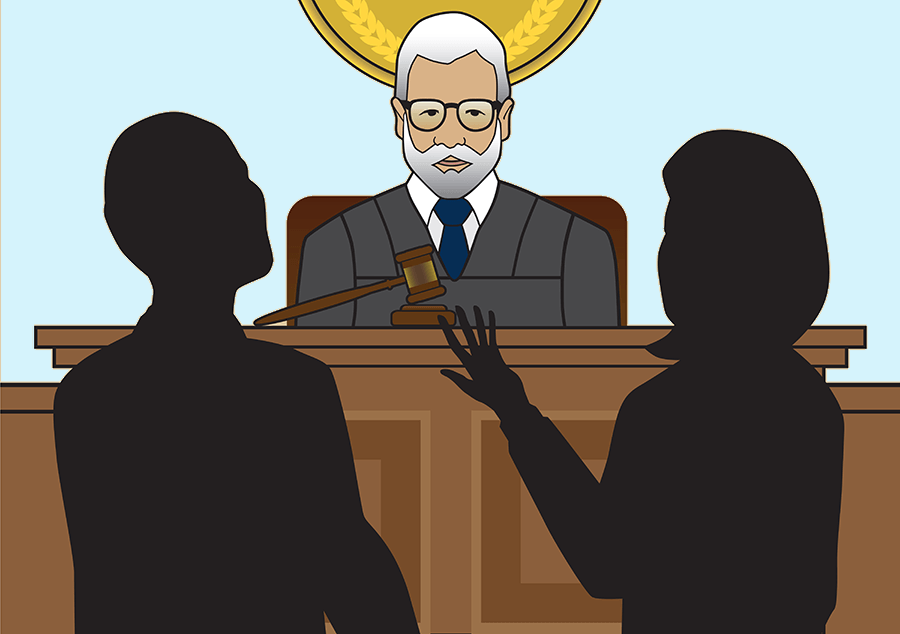Woodland Hills Personal Injury lawyer Barry P. Goldberg is always on the alert for issues affecting personal injury plaintiffs. As part of that concern, Mr. Goldberg has aligned himself with related professionals to provide the best possible service. This article was contributed by noted bankruptcy counsel Andrew Goodman.
As Mr. Goodman points out, if you have a personal injury claim or lawsuit pending and are considering filing bankruptcy, there is certain information you must know and steps you must take to ensure sure you maximize the recovery on your claim.
First, advise your personal injury attorney that you are considering filing a bankruptcy (or that you’ve filed bankruptcy). A bankruptcy filing will have a significant impact on your claim and how it’s handled. You must also advise your bankruptcy attorney of the claim/award. The claim/award is an asset which much be disclosed in the bankruptcy. Failure to disclose all assets constitutes bankruptcy fraud which could result in you losing your claim, not receiving a discharge and potentially subject you to criminal prosecution.
Second, you need to consider which type of bankruptcy to file. The two Bankruptcy “Chapters” under which most individuals seek relief are “Chapter 7” and “Chapter 13”.
Chapter 7 Bankruptcy
Chapter 7 bankruptcy is a liquidating bankruptcy. A Bankruptcy Trustee collects and sells non-exempt assets and uses the proceeds to pay creditors. Since your claim/award is an asset, if not protected, it would be subjected to liquidation by the Trustee.
Under California Code of Civil Procedure § 704.140, a personal injury claim that has not been reduced to a judgment and paid, is entirely exempt. When money has been paid, the money is exempt, but only to the extent reasonably necessary for the support of you and your dependents. You must work with your personal injury and bankruptcy attorneys to ensure that your claim/award is fully exempted.
At the end of your bankruptcy case, you receive a discharge, which gives you a “fresh start”(i.e. you have no personal liability for your pre-bankruptcy debts.) If you incur debt/expenses after you file bankruptcy, these debts will not be discharged. Timing of the bankruptcy is crucial.
Chapter 13 Bankruptcy
Chapter 13, is a reorganizing bankruptcy, which allows an individual with regular income and limited debt to repay all or part of their debts under a 3 to 5-year repayment plan approved by the bankruptcy court. The payments are collected and distributed by an independent bankruptcy trustee.
If your personal injury claim is not resolved when you file Chapter 13, you remain in control of the case and get to choose counsel to represent you, subject to approval of the bankruptcy court. The case proceeds as normal. Any settlement reached during the bankruptcy must be approved by the bankruptcy court. Judges rarely deny such settlements. The exemptions set forth in a Chapter 7 also apply in a Chapter 13.
After all Plan payments are paid, you receive discharge and no longer have personal liability for the pre-bankruptcy debts.
Final Bankruptcy Advice
Bankruptcy is procedural, moves quickly and has many deadlines. Failure to comply with the rules/requirements could result in you losing your exemption, your personal injury claim/recovery and/or your discharge. It is important to have experienced counsel working with you to ensure you keep as much of your claim/award as possible and receive your discharge.
(Thank you again to Encino Bankruptcy attorney Andrew Goodman, Esq.)








